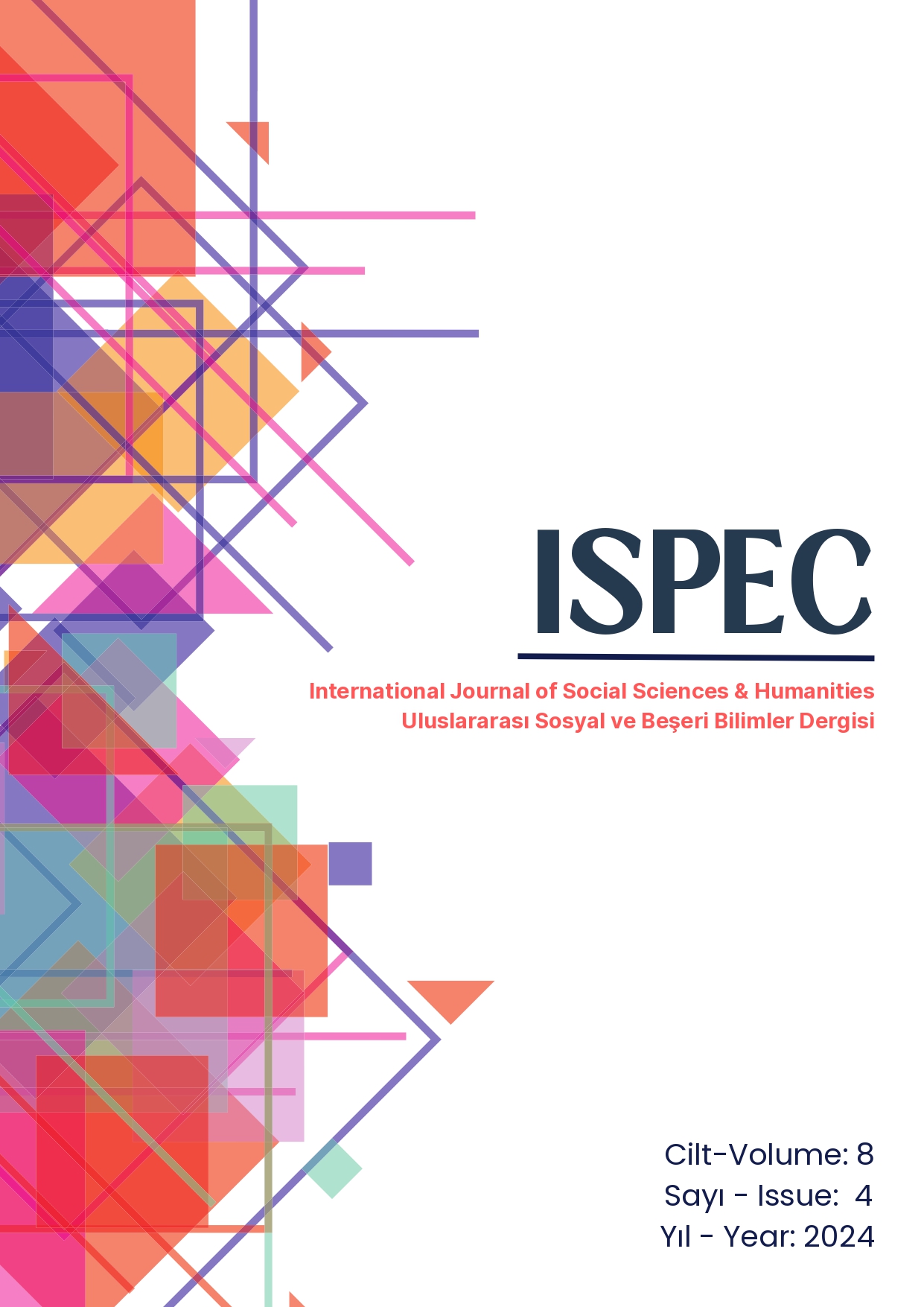School Culture in Fine Arts High Schools Erzurum Raci Alkır Fine Arts High School Example
Erzurum Raci Alkır Güzel Sanatlar Lisesi Örneği
DOI:
https://doi.org/10.5281/zenodo.14537244Keywords:
Fine arts education, Artistic skills, Academic success, Social responsibility, School cultureAbstract
This article aims to examine the school culture at Erzurum Raci Alkır Fine Arts High School. Schools are important institutions where students prepare for social life and develop themselves. Fine arts high schools have a rich school culture that not only develops artistic talents but also provides opportunities for students to achieve general academic success and explore their cultural richness. These schools encourage values such as creativity, aesthetic understanding, and discipline, while also helping students develop skills in collaboration, original thinking, and contributing to society. Culture can be defined as a whole of social values and norms, and schools are both institutions that produce and carry culture. School culture not only offers artistic education to students but also supports academic success and strengthens a sense of social responsibility. At Raci Alkır Fine Arts High School, this culture aims to understand the power and social impact of art, while also helping students develop their social skills. In this context, examining school culture is of great importance for the development of the education system. The article defines school culture, explores interactions and values within the school, and investigates how these values affect educational processes. It presents significant findings about how school culture, in an education environment integrated with art, shapes students' development and contributes to society.
References
Anonim, (2024). http://www.tdk.gov.tr/TR/SozBul.aspx (16.04.2008)
Bryk, A. S., & Schneider, B. (2002). Trust in schools: A core resource for improvement. Russell Sage Foundation.
Deal, T.E., & Peterson, K.D. (2016). Shaping school culture: Pitfalls, paradoxes, and promises. John Wiley & Sons.
Fullan, M. (2007). The new meaning of educational change. Teachers College Press.
Hargreaves, A., & Fullan, M. (2012). Professional capital: Transforming teaching in every school. Teachers College Press.
Kurumsal Dış Değerlendirme Raporu. (Kasım-2018)
Leithwood, K., & Riehl, C. (2003). What we know about successful school leadership. National College for School Leadership.
Milli Eğitim Bakanlığı. (2019). Değerler Eğitimi Programı.
Schein, E. H. (2010). Organizational culture and leadership. Jossey-Bass.
Unutkan, G.A., İşletmelerin Yönetimi ve Örgüt Kültürü, İstanbul, 1995, s.1
Downloads
Published
How to Cite
Issue
Section
License
Copyright (c) 2024 ISPEC International Journal of Social Sciences & Humanities

This work is licensed under a Creative Commons Attribution-NonCommercial-NoDerivatives 4.0 International License.






